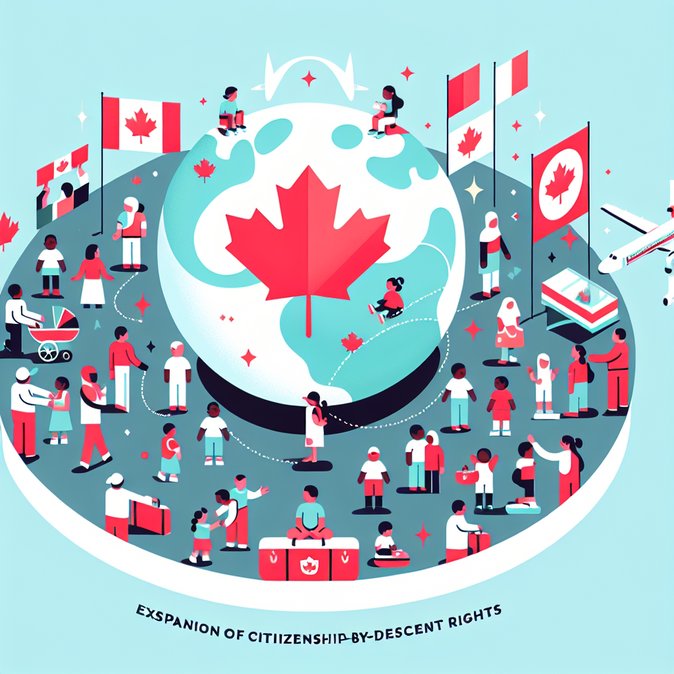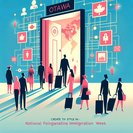
Late in the evening of November 3, Canada’s House of Commons voted 170–163 to delete committee amendments that would have sharply restricted citizenship transmission to children born abroad to Canadian parents. The amendments to Bill C-3 had proposed a tougher “substantial connection” test and additional language and security requirements for adult applicants. Their removal restores the government’s original aim: to broaden citizenship-by-descent rights and remedy the constitutional defects of the 2009 first-generation limit identified by Ontario’s Superior Court in 2023.
Under the restored text, Canadian parents who were themselves born abroad will be able to pass citizenship to their children so long as they spent at least 1,095 days (three years) in Canada at any time before the child’s birth or adoption. The bill would also retroactively grant citizenship to so-called “Lost Canadians”—individuals denied status due to the previous rules.
![Parliament Strips Controversial Limits from Citizenship Bill After Tight Vote]()
For global-mobility teams, the change reduces the need for dependent work permits and study permits for employees’ foreign-born children, simplifying long-term assignment planning. Multinationals frequently confront cases where senior managers on overseas postings have children outside Canada and must navigate temporary-resident routes on repatriation. Once C-3 becomes law, those children could obtain citizenship certificates directly.
Legal practitioners advise affected families to gather proof of presence in Canada (tax returns, school records, leases) to streamline future passport applications. The bill must still pass third reading in the Commons, clear the Senate and receive Royal Assent by the court-imposed deadline of November 20, but observers expect swift passage given the government’s minority-party alliances.
Opposition critics argue that loosening the rules could create “citizens of convenience,” yet demographers counter that the fix affects fewer than 20,000 people annually and aligns Canada with peer nations such as the UK and Australia. Employers with large expatriate populations should monitor implementation dates to adjust HR policies on relocation benefits.
Under the restored text, Canadian parents who were themselves born abroad will be able to pass citizenship to their children so long as they spent at least 1,095 days (three years) in Canada at any time before the child’s birth or adoption. The bill would also retroactively grant citizenship to so-called “Lost Canadians”—individuals denied status due to the previous rules.

For global-mobility teams, the change reduces the need for dependent work permits and study permits for employees’ foreign-born children, simplifying long-term assignment planning. Multinationals frequently confront cases where senior managers on overseas postings have children outside Canada and must navigate temporary-resident routes on repatriation. Once C-3 becomes law, those children could obtain citizenship certificates directly.
Legal practitioners advise affected families to gather proof of presence in Canada (tax returns, school records, leases) to streamline future passport applications. The bill must still pass third reading in the Commons, clear the Senate and receive Royal Assent by the court-imposed deadline of November 20, but observers expect swift passage given the government’s minority-party alliances.
Opposition critics argue that loosening the rules could create “citizens of convenience,” yet demographers counter that the fix affects fewer than 20,000 people annually and aligns Canada with peer nations such as the UK and Australia. Employers with large expatriate populations should monitor implementation dates to adjust HR policies on relocation benefits.







